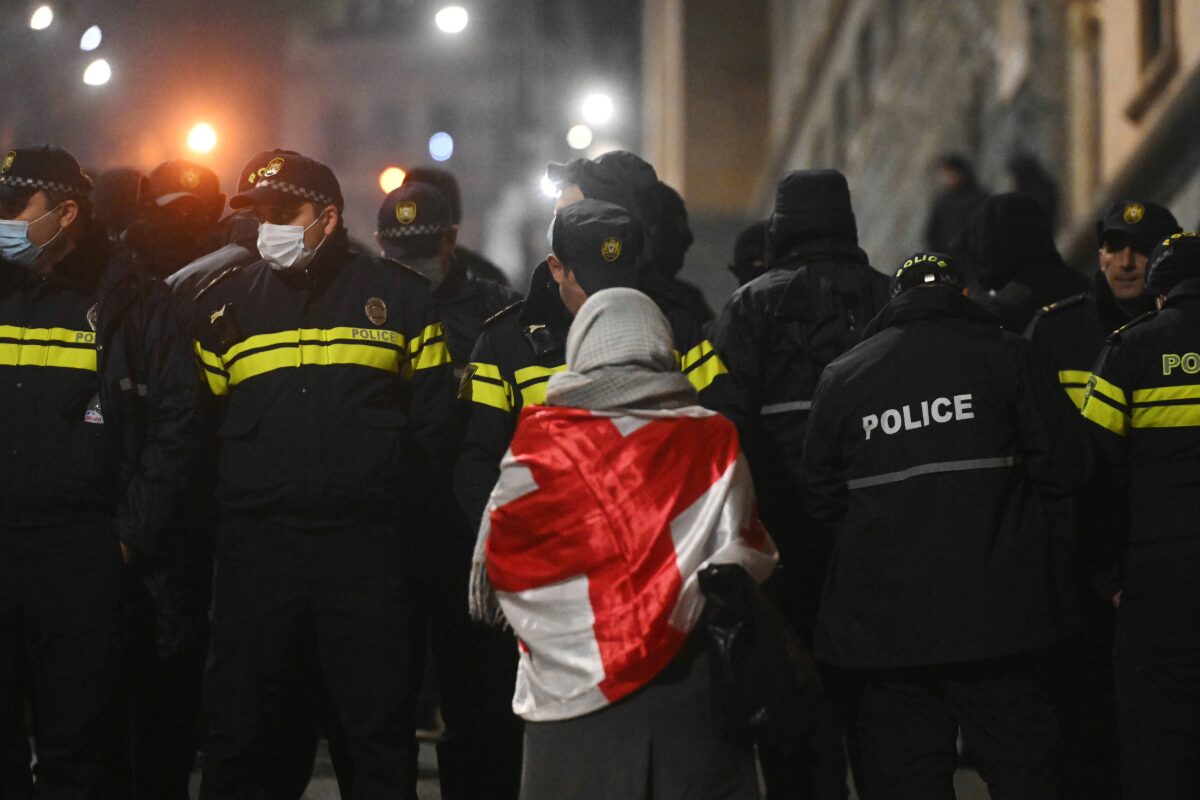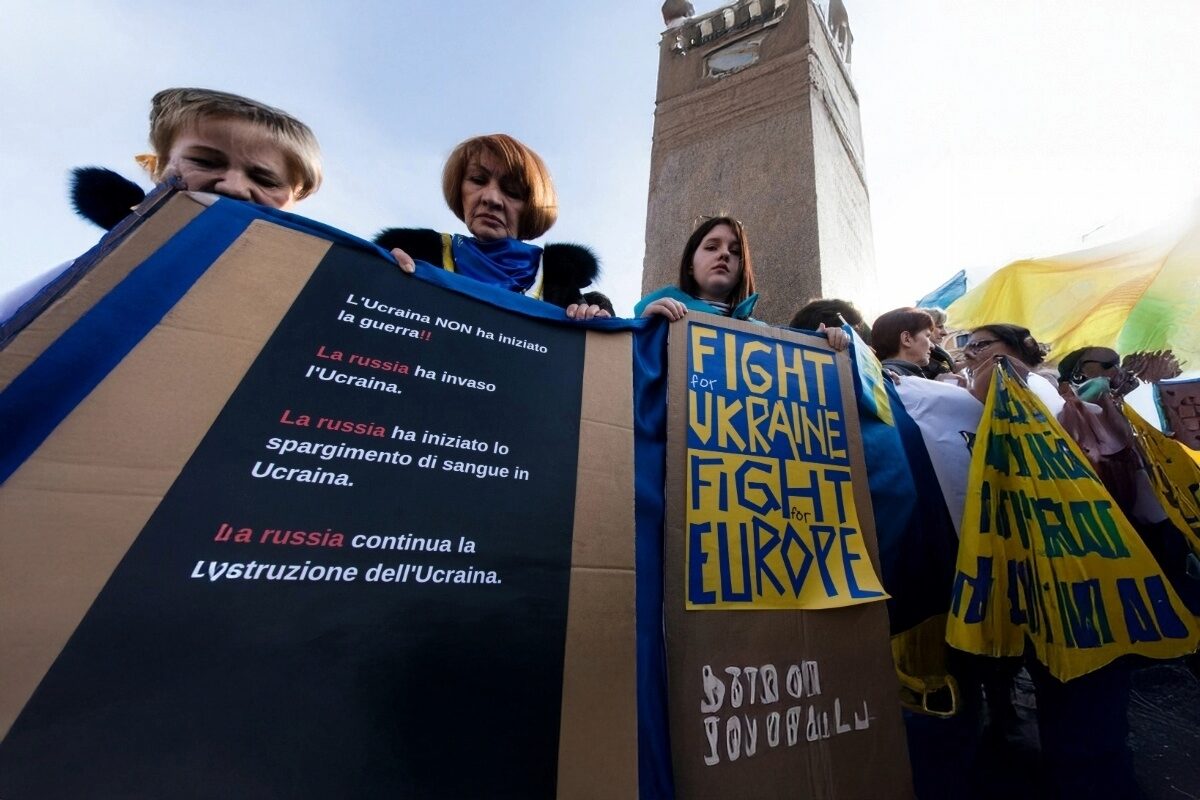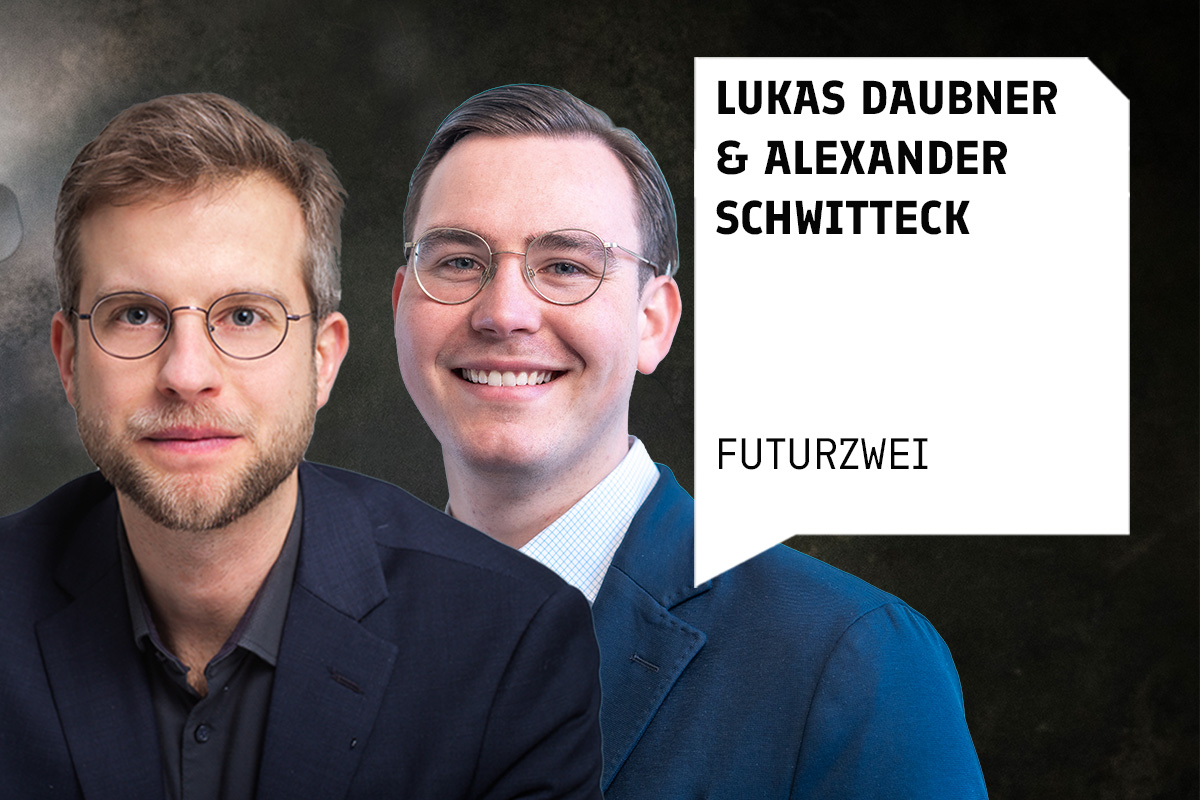Dialogue yes, appeasement no

How should the West counter Russian threats of war? We document Ralf Fücks’ OP ED at DIE WELT, 21.12.2021.
A group of veteran diplomats and military officers from Germany has called for concessions to Moscow in response to the renewed Russian troop buildup around Ukraine. In a joint appeal, they propose a two-year conference in the tradition of the CSCE process, during which no steps toward NATO and EU expansion should take place. Gernot Erler (SPD), who was the German government’s Russia coordinator from 2014 to 2018, has praised the paper and called for re-engaging in dialogue with Moscow.
I am perplexed by this mantra. “For dialogue with Russia” — yes, who would be against that? Angela Merkel had a dedicated line to Putin, Biden conferred with him, Macron courts the Kremlin, Russia is one of the Big 5 in the Security Council, a member of the Council of Europe and the Organization for Security and Cooperation (OSCE).
There are city partnerships, cultural exchanges, the Committee on Eastern European Economic Relations, Nord Stream 2 as a manifestation of German-Russian special relations, various dialogue forums, the Normandy format for moderating the Ukraine conflict: no lack of dialogue, anywhere.
What the signatories of the appeal do not want to admit is Putin’s strategic decision to go on a confrontational course: from military intervention in Georgia and Ukraine, the stationing of nuclear missiles in Kaliningrad to information warfare on all channels. This also includes the Kremlin pulling the rug out from under the dialogue with Russian civil society by pushing the democratic opposition and the critical public below the waterline step by step.
Demanding “concrete steps toward de-escalation” from the West, while Putin is in the process of building a new military threat against Ukraine, turns things upside down. Diplomacy toward an aggressive power only works on the basis of firmness and strength.
This was also true of Brandt’s policy of détente, to which the “more dialogue” advocates like to refer. It was firmly integrated into NATO and left no doubt about its capacity for deterrence — the share of the defense budget has never been higher. For Helmut Schmidt, that was true anyway. Brandt had no illusions that the Soviet Union was an opponent of the democratic world. It would be good if this realism also characterized the foreign policy of the traffic light coalition. Limited cooperation, containment, and deterrence go together.
Nothing against convening a new Conference on Security and Cooperation in Europe. But on what basis? Should the Helsinki principles and the Charter of Paris still apply: Equal sovereignty, renunciation of force, democracy and human rights as the basis of the European peace order?
Or should we put these fundamental values up for grabs in order to appease the Kremlin? Back to Yalta, to the concert of great powers, to the division of exclusive zones of influence and to “limited sovereignty” for Ukraine, Georgia, Belarus? Let those who want it say so.
The Kremlin’s latest package of demands, thrown at the feet of the United States and NATO, speaks a clear language. Moscow wants a fundamental revision of the European peace order. NATO’s eastward expansion of 2007 is to be effectively reversed, and the U.S. is to be forced out of Europe.
A poisoned offer
Moscow claims a security zone in its extended neighborhood from which the West must stay out. For the former Soviet vassal states in Central-Eastern Europe, their freedom of alliance is suspended; for them, the principle of limited sovereignty is to apply again.
This poisoned offer is not negotiable. There must be no going back behind 1989/90, behind “Europe united & free”. If Russia wants to be part of it, welcome! But as long as the Kremlin pursues territorial revision and political rollback, it needs political firmness and military strength from the West.
If Putin were only concerned with security for Russia, the conflict would be relatively easy to resolve. Mutual security guarantees, concrete disarmament steps, confidence-building measures are in the West’s interest. But the Kremlin’s policies and rhetoric say otherwise: it is about revising the post-Soviet European order and preventing democratic change in Russia’s neighborhood.
This is at the heart of growing tensions between Moscow and the West. Calling for “de-escalation” without clearly stating what can and cannot be negotiated with the Kremlin blurs the line between dialogue and appeasement.
History does not repeat itself. But a few historical lessons can be drawn: Those who threaten war to enforce their demands should not be rewarded. In the face of Russian saber-rattling, a clear message to Putin is needed: Any renewed military intervention against Ukraine will have serious political and economic consequences.
The Russian leadership cannot have it both ways: Energy partnership with Europe, investments to modernize the Russian economy, multifaceted relations with the West and an aggressive military power policy.
Security and cooperation in Europe are based on the equal sovereignty of all states, renunciation of force and peaceful conflict resolution. The Kremlin wants to undermine this normative order. Therefore, the security of the European community of states must be guaranteed against Russia.
This requires a military deterrence capability and joint political action by the EU and the USA. If the West brings its political and economic potential to bear, we can put Putin in his place.
Moscow’s latest “treaty offer” is a shady maneuver. If the West accepts it, it will lead to the erosion of NATO and to a division of Europe in terms of security policy. If the EU and NATO reject this imposition, the danger of a military takeover of Ukraine by the Kremlin will grow. Thwarting this maneuver is the key test for the EU and the transatlantic alliance. If the West allows itself to be divided by Putin, everything will start to slide.
Ralf Fücks is director of the Center for Liberal Modernity, a think tank and discussion platform for the defense and renewal of liberal democracy based in Berlin.
![]()
Did you like thike this article? If yes, you can support the independent editorial work and journalism of LibMod via a simple donation tool.
We are recognized as a non-profit organization, accordingly donations are tax deductible. For a donation receipt (necessary for an amount over 200 EUR), please send your address data to finanzen@libmod.de
Related topics
Newsletter bestellen
Stay tuned with our regular newsletter about all our relevant subjects.





